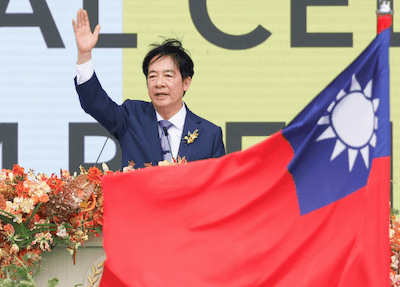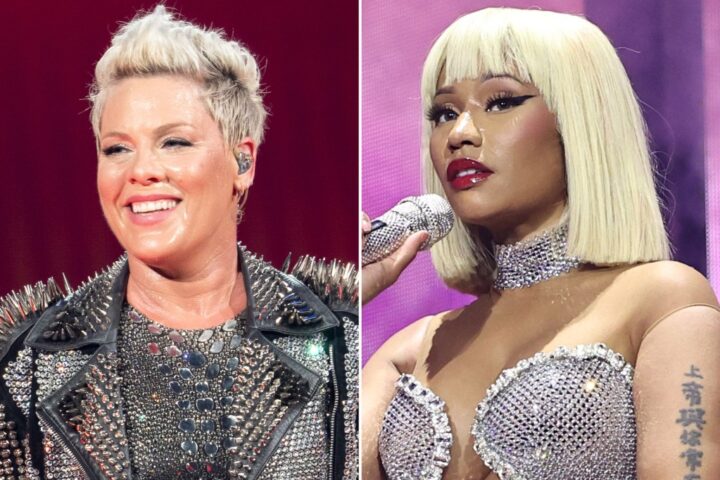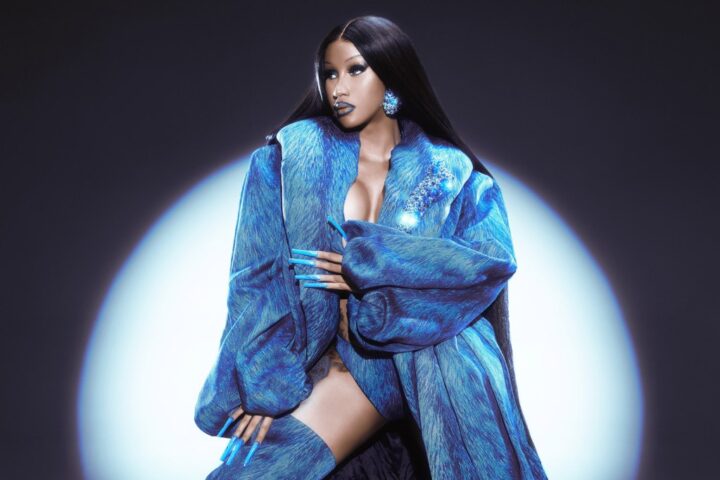Senior Taiwanese officials have flown to Washington, D.C., to establish contacts with the incoming Trump administration.
Two officials from the island's National Security Council met this week to liaise with the president-elect's transition team, according to multiple sources.
Reuters identified the officials as Lin Feifan and Xu Sijian, deputy secretaries-general of Taiwan's National Security Council. They and several staff members are said to have traveled to the U.S. capital, but the sources declined to be named or publicly disclose the purpose of their visit.
See also: China's central bank 'allows yuan to weaken' as trade risks rise
Taiwan's presidential office said the visit and “exchange” of the national security team was their routine work and had no further comment.
The Trump transition team did not respond to a request for comment.
Reuters could not confirm who from the U.S. side would attend the meeting or the agenda.
China sets “red line” for Trump
Lin and Xu's visit was at Chinese military steps up activities near Taiwan StraitTaiwan said this was Beijing's effort to set “red lines” for the incoming Trump administration and U.S. allies.
One of the sources said the meetings were with people within Trump's transition circle but would not include the incoming Trump administration, given Beijing's sensitivity to any talks between Taiwan and U.S. officials. Nominee for the highest office.
A second source said the meetings were with “Republicans who may occupy mid-level political positions in the Trump administration.” A third source said it was “safe to say” Lin and Xu were meeting with the Trump transition team.
A fourth source added that visits to the United States of this level were not unusual and were to meet “old friends,” including those in Trump's inner circle.
Asked about the visit, China's Foreign Ministry said it urged the United States to “handle the Taiwan issue with caution and not to send any wrong signals to Taiwan independence separatist forces.”
The United States has no formal diplomatic relations with Taiwan, a democratically governed island claimed by China as its own territory. Taiwan rejects Beijing's sovereignty claims and says only its people can determine their future.
A massive arms deal?
Trump's victory in November's election sparked hopes in Taipei that he would take a tough line on China but also stoked anxiety over his remarks that Taiwan should pay U.S. defense costs.
Trump has appointed several China hawks to key positions in the incoming administration, including Sen. Marco Rubio as secretary of state, and he has called for unfettered talks between U.S. and Taiwanese officials. interactive.
The nominations are encouraging for Taipei, which, according to Reuters, may pursue a massive new arms deal to show it is serious about Trump says Taiwan should pay U.S. “protection” fees.
So far, contacts between Taiwan and the incoming government appear to be in a gray area of unofficial contacts and have been low-key.
CBS says Trump invited Xi Jinping to his inauguration
This is different from the situation before Trump's first term, when he had a phone call with then-Taiwan President Tsai Ing-wen in December 2016, a month before taking office.
The call marked the first time a U.S. president-elect has spoken to a Taiwanese president since 1979, a move that angered China.
Ahead of the second inauguration, scheduled for January 20, CBS News reported on Wednesday Trump invited Xi Jinping to attend the event, This is unprecedented for Chinese leaders.
The president-elect's campaign did not immediately respond to a request for comment on the report, but Trump said in an interview with NBC News on Friday that he and Xi “get along very well” and that they have “communicated recently” as Xi Jinping Same thing every week.
this South China Morning Post President Xi Jinping said on Thursday that “out of diplomatic etiquette and historical practice, it is unlikely to accept Donald Trump's invitation to attend his inauguration because no Chinese head of state will attend the U.S. presidential transition ceremony.”
It is said that the process of a Chinese president's visit to the United States usually takes several months of preparation.
- Reuters Additional editing by Jim Pollard
Note: More details were added to this report on December 12, 2024.















